-
x
Description
Lobivia shaferi is a very spiny clustering species with many basal and lateral offshoot. Family: Cactaceae (Cactus Family) Lobivia aurea var. shaferi Accepted Scientific name: Echinopsis aurea Britton & Rose Origin: Prov. Mizque, dept. Cochabamba (Bolivia) Conservation status: Listed in CITES appendix 2. Common Name: Golden Easter Lily Cactus
| |
| Description: Lobivia shaferi is a clustering species with many basal and lateral offshoots and huge yellow flower. It is very spiny and produces large pale yellow flowers. | |
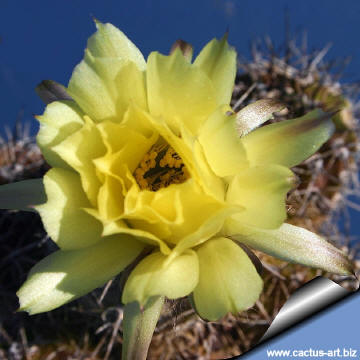 | 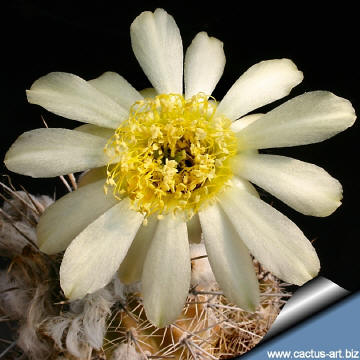 |
| . | |
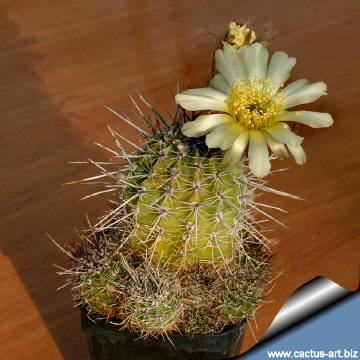 | 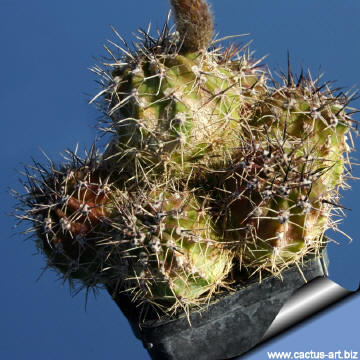 |
| Cultivation: It is a summer grower species that offers no cultivation difficulties. Water regularly in summer (but do not over water it) It is rot prone and should be planted in a shallow pot. As most Echinopsis cultivated for their blossom, it needs a soil mixture a little richer than the average cactus with still an excellent drainage, keep rather dry in winter. Propagation: Direct sow after last frost, offsets (if available) | |

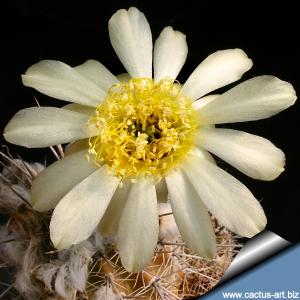
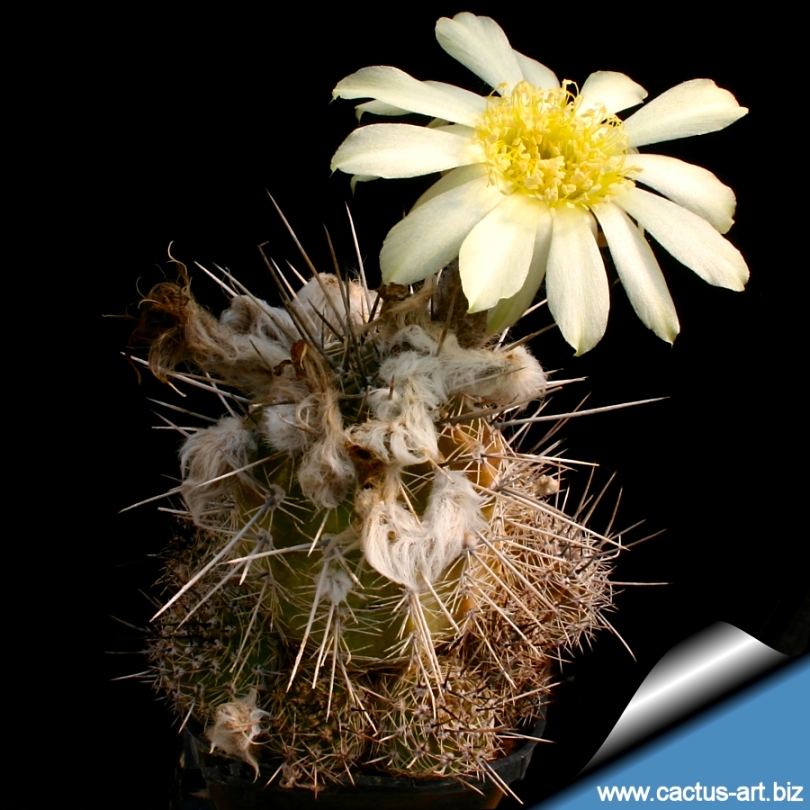 Lobivia aurea
Lobivia aurea